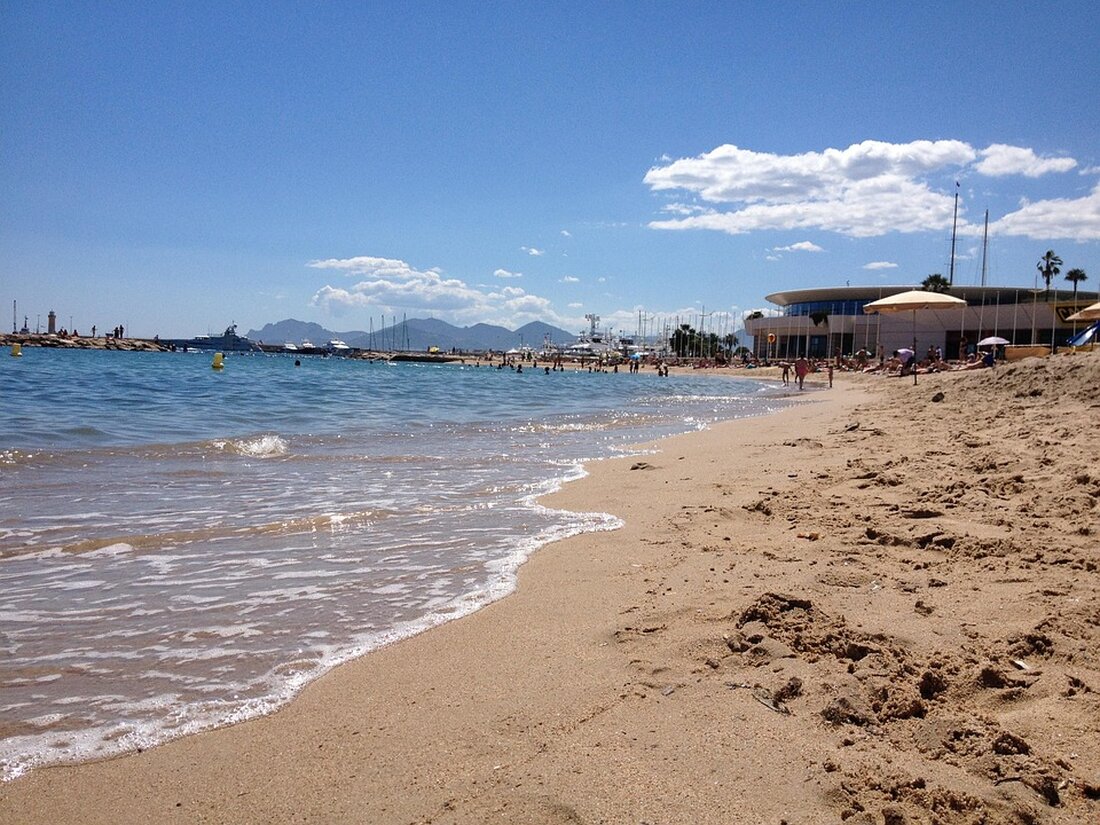Cannes limits cruises: Only one ship per day from 2026!
Cannes will restrict cruises from 2026 to combat overtourism and protect the environment.

Cannes limits cruises: Only one ship per day from 2026!
The beautiful coastlines of Cannes are not only a popular holiday destination for many travelers, but also a hotspot for cruise ships. But continued overtourism from these large ships has caused increasing concern among city officials. The Cannes city council has now passed a far-reaching resolution to stop the rush of cruise passengers. From 2026, only ships with over 3,000 passengers will be allowed to anchor in the bay off Cannes each day.
The measures aim to significantly reduce the number of cruise passengers. A maximum of 34 large ships are permitted per year, although this number is expected to fall to just 31 ships in 2027. An important goal of the city administration is to only accept ships with a maximum capacity of 1,300 passengers by 2030. This was decided to better protect the region's ecological interests. Mayor David Lisnard emphasizes that the aim is not to ban cruises, but to promote more environmentally friendly options.
Restrictions in Nice and other cities
Not only Cannes, but also the nearby city of Nice has already taken steps to regulate cruise tourism. As early as January 2024, ships with over 900 passengers were banned from landing. There is a maximum limit of 65 cruise ships per year for Nice, although only one ship with up to 2,500 passengers is allowed to dock per day. Only ships with fewer than 450 passengers are allowed to dock in the port of Nice.
In addition, strict environmental regulations are in force for cruise ships, which result in sanctions for violations. In such cases, passengers are not allowed to go on shore excursions, which increases the level of concern for tourists. Such measures are considered necessary because cruise tourists spend, on average, three times less money than holidaymakers staying overnight in the region. This statistical data comes from a study by the University of Bern.
Reactions to the measures
However, not everyone shares the loyalty to the new regulations. The Cruise Lines International Association (Clia) criticizes the measures as unjustified as they could affect the attractiveness of the destinations. Nevertheless, many experts see the need for these restrictions to ensure the sustainable development of coastal cities. Other European cities such as Barcelona and Venice have already adopted similar measures to prevent damage caused by cruise ships.
Overall, it is clear that the cities of the Côte d'Azur, particularly Cannes and Nice, are determined to rethink their approach to cruise tourism and not only protect the ecological integrity of their regions, but also make the experience for visitors more positive.
For more information on this topic you can read the articles from Northern Bavaria and Time online read.

 Suche
Suche
 Mein Konto
Mein Konto